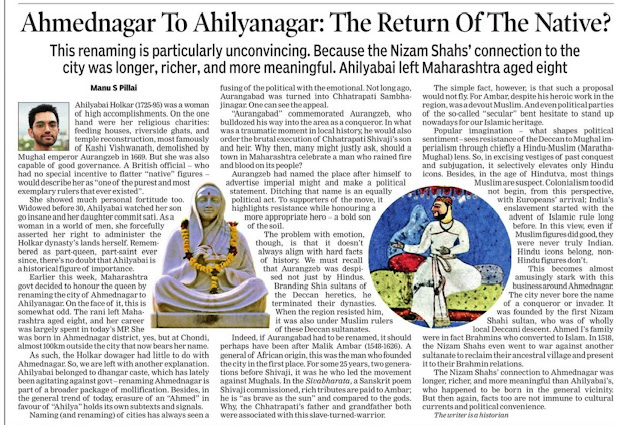The three paradigms in history….a view
A short video presentation where I summarise my key thoughts on historiography and historiographical conflicts. It is in essence a distillation albeit rather simplified if not simplistic, of my arguments, ideas, meanings and purpose that has informed my teaching, my trainings, my professional interactions over years. The broad perspective presented here have further been the backdrop for my explorations, deliberations and experimentations particularly via different pedagogical endeavours that I have shared in these pages, in my book and my facebook page . Of course my presentation may leave a lot wanting, given my own clumsiness in articulation and lacking media finesse and media savviness but yet I hope in some little more than 8 minutes, key issues in contemporary historiography and some directions in resolving messy and fraught epistemic imbroglios emerge.
